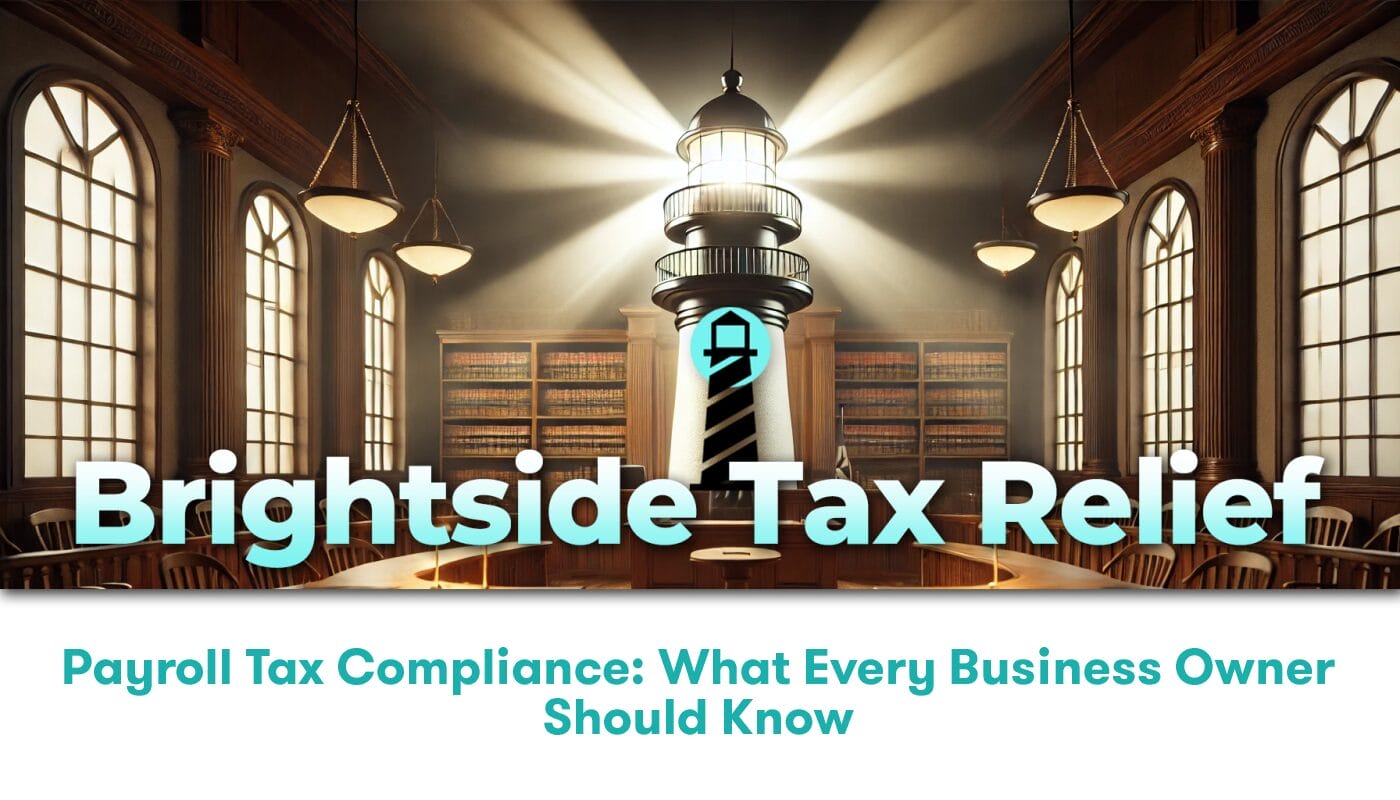Deciphering Vehicle Tax Deductions: A Comprehensive Guide
As a leading national tax relief company, Brightside Tax Relief fully understands that dealing with taxes can be complex and rather daunting. Particularly when it comes to vehicle tax deductions, many taxpayers are unaware of their entitlements or how they could potentially maximize their savings. Thus, it is crucial to gain a comprehensive understanding of vehicle tax deductions, be it for personal or business use.
Digging Deeper into the Realm of Vehicle Tax Deductions
Vehicle tax deductions may sound complicated, but once you grasp the basic principles, you’ll realize they’re quite manageable. Essentially, these deductions allow taxpayers to mitigate some of the costs associated with using their vehicle for qualified business, medical, charitable, or moving purposes, thereby significantly reducing their taxable income. Several factors come into play when calculating these deductions, including the car’s operating costs, the total miles driven for specific purposes, and the current IRS standard mileage rates.
Criteria for Eligible Vehicle Tax Deductions
Understanding the eligibility requirements is a crucial step in taking advantage of vehicle tax deductions. Broadly speaking, if the vehicle is used exclusively for business purposes, all associated expenses may be deductible. In addition, usage for medical, charitable, or moving purposes may also merit a deduction. However, bear in mind that it’s essential to keep accurate records and receipts, as these deductions might be scrutinized by the IRS.
Methods for Calculating Vehicle Tax Deductions
There are two primary methods for calculating vehicle tax deductions – the standard mileage rate and actual expense method. Each has its own merits and demerits.
– The Standard Mileage Rate Method: Using this method, your deduction is based on the number of miles you’ve driven for eligible purposes. For 2021, the IRS standard mileage rates are 56 cents per mile for business use, 16 cents for medical or moving purposes, and 14 cents for service to a charitable organization. Take note that rates are subject to annual adjustments.
– The Actual Expense Method: This method allows you to deduct the actual costs of operating the vehicle for eligible purposes – including depreciation, lease payments, registration fees, licenses, gas, insurance, maintenance, and repairs among others. Although this method may entail laborious record-keeping, it may result in larger deductions.
The Role of Record Keeping
Accurate and consistent record-keeping is a key determinant in facilitating vehicle tax deductions. Logging relevant information related to the miles driven or costs incurred each time your vehicle is used for deductible purposes will help simplify your calculations come tax season. It’s also critical to retain any related receipts or documents, as the IRS might require these to verify your deductions.
Navigating Personal vs. Business Vehicle Use
The tax implications vary greatly between personal and business vehicle use. For personal use, vehicle-related expenses aren’t generally deductible. But, if you use your vehicle for business purposes, a portion of those costs becomes tax-deductible.
Influencing Factors on Vehicle Tax Deductions
A host of factors can influence your ability to claim vehicle tax deductions. The total miles driven, the type of car, the purpose of use, and the option chosen for calculation can all influence the deductible amount.
Pitfalls to Avoid with Vehicle Tax Deductions
Though vehicle tax deductions can provide significant savings, it’s imperative to avoid common pitfalls. Being mindful not to overestimate your deductions, to keep meticulous records, and to ensure you only claim legitimate expenses will help prevent any unwarranted scrutiny from the IRS.
Navigating IRS Rules and Regulations
Lastly, staying updated with the IRS rules and regulations surrounding vehicle tax deductions is essential. The IRS provides an extensive resource on their official website, which can help simplify your understanding. For an even more detailed breakdown, visit the website.
In conclusion, understanding vehicle tax deductions can be a significant game-changer in your tax strategy. Stay knowledgeable about your entitlements and capitalize on every deduction opportunity. When in doubt, reach out to a tax professional or a reputable tax relief company like Brightside Tax Relief. We are committed to helping you make sense of taxes and maximize your benefits where possible.






